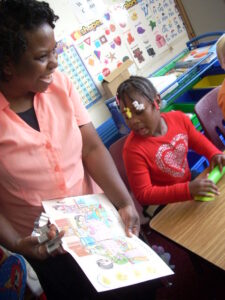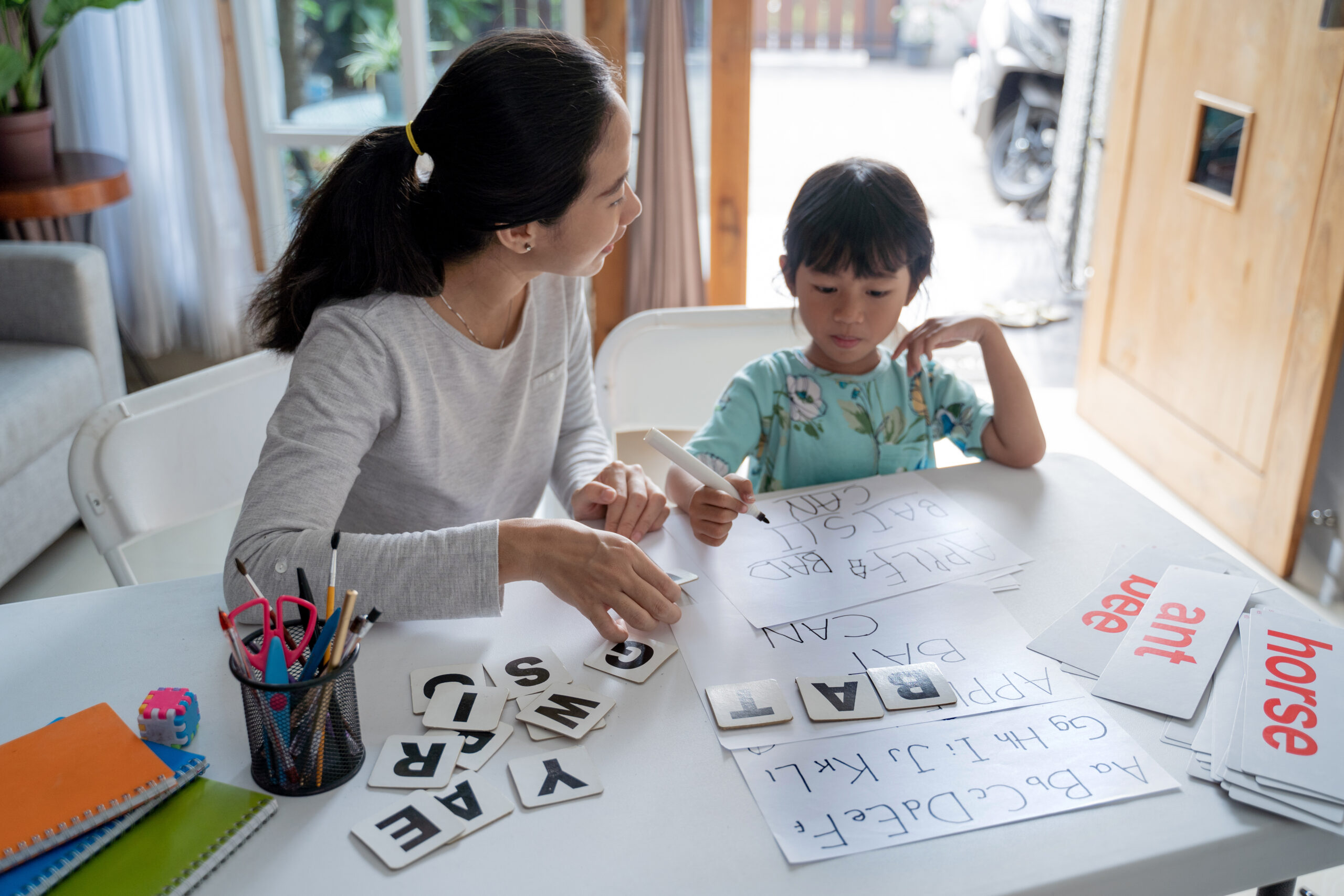By: Maya Fanjul-Debnam
 More than 16 million children in the United States – 22% of all children – live in families with incomes below the federal poverty level, $23,550 a year for a family of four.
More than 16 million children in the United States – 22% of all children – live in families with incomes below the federal poverty level, $23,550 a year for a family of four.
Children living in poverty are often exposed to a cluster of circumstances that affect their brain development. A study conducted by the University of Wisconsin Madison found that children from low-income families experience less cognitive stimulation, stressful living conditions and harsher parenting, which all affect brain growth and development.
Gray matter–one of two major tissue types in the brain–is key for processing information. Researchers found that low-income children have significantly lower grey matter count than those of higher-income families. This is especially shocking because infants are born with the same amount of grey matter.
Poverty has a particularly negative impact on the academic outcomes of children, especially during early childhood.
A Princeton study found that:
“Children living below the poverty threshold are 1.3 times as likely as nonpoor children to experience learning disabilities and developmental delays.”
These delays prevent children from achieving success in school, creating lasting effects for their academics and adult life. Studies have shown a correlation between low-income households and decreased school readiness.
It also affects a child’s social and emotional development, putting them at risk for developing behavior problems such as impulsiveness, disobedience and not getting along with peers. This too, can affect a child’s school readiness as it factors in a child’s ability to succeed both academically and socially throughout life.
By school entry, the gap between the wealthiest children and the poorest is already pronounced. This gap grows larger as the children get older. Studies show that quality early learning programs can level the playing field. On average, children who attend high quality early learning programs gain four months of learning.
Quality early education programs can offset many of the odds for children living in poverty, and Think Small’s mission is to increase access to quality programs to every child in Minnesota, starting with the children who need it the most.
It’s the best investment we can make to improve the odds for children who need it the most.








